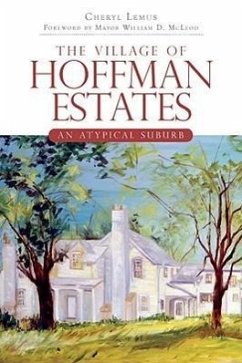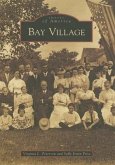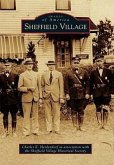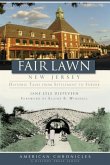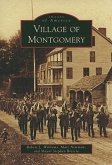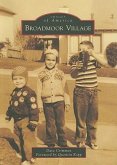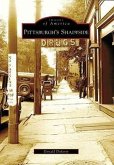Established in 1955 by home builder and entrepreneur Jack Hoffman and incorporated in 1959, the Village of Hoffman Estates has flourished into one of the largest suburbs in Northeast Illinois. In this commemorative history celebrating fifty years of the Village, Cheryl Lemus uncovers the unique character and spirit that emerged as Hoffman Estates grew from an isolated farmland where residents woke to the sounds of cows mooing into a modern vibrant suburb with a strong business and residential community. What started out as a typical neighborhood development has today blossomed into an atypical suburb, defying stereotypical expectations and conventions.
Hinweis: Dieser Artikel kann nur an eine deutsche Lieferadresse ausgeliefert werden.
Hinweis: Dieser Artikel kann nur an eine deutsche Lieferadresse ausgeliefert werden.

